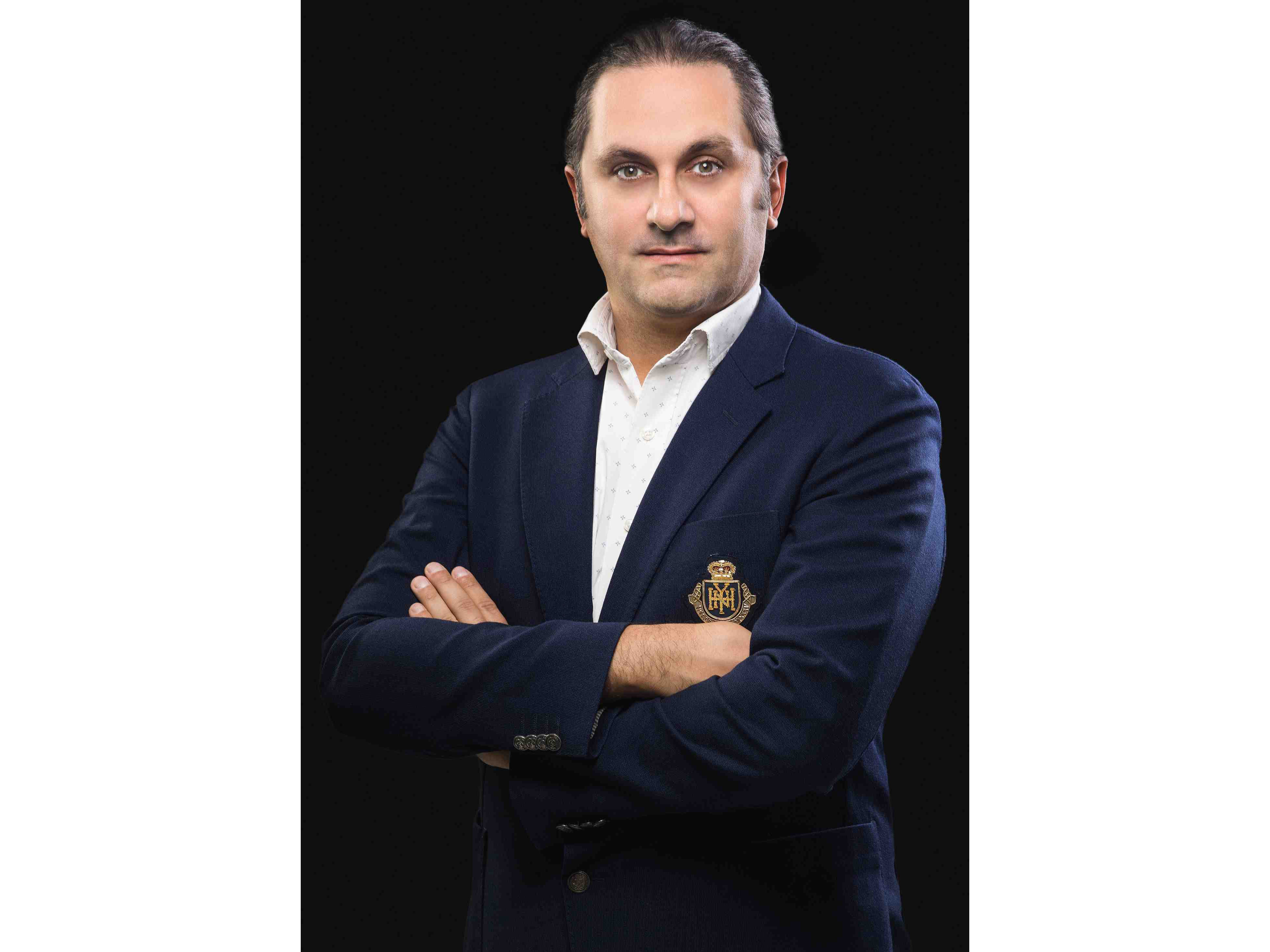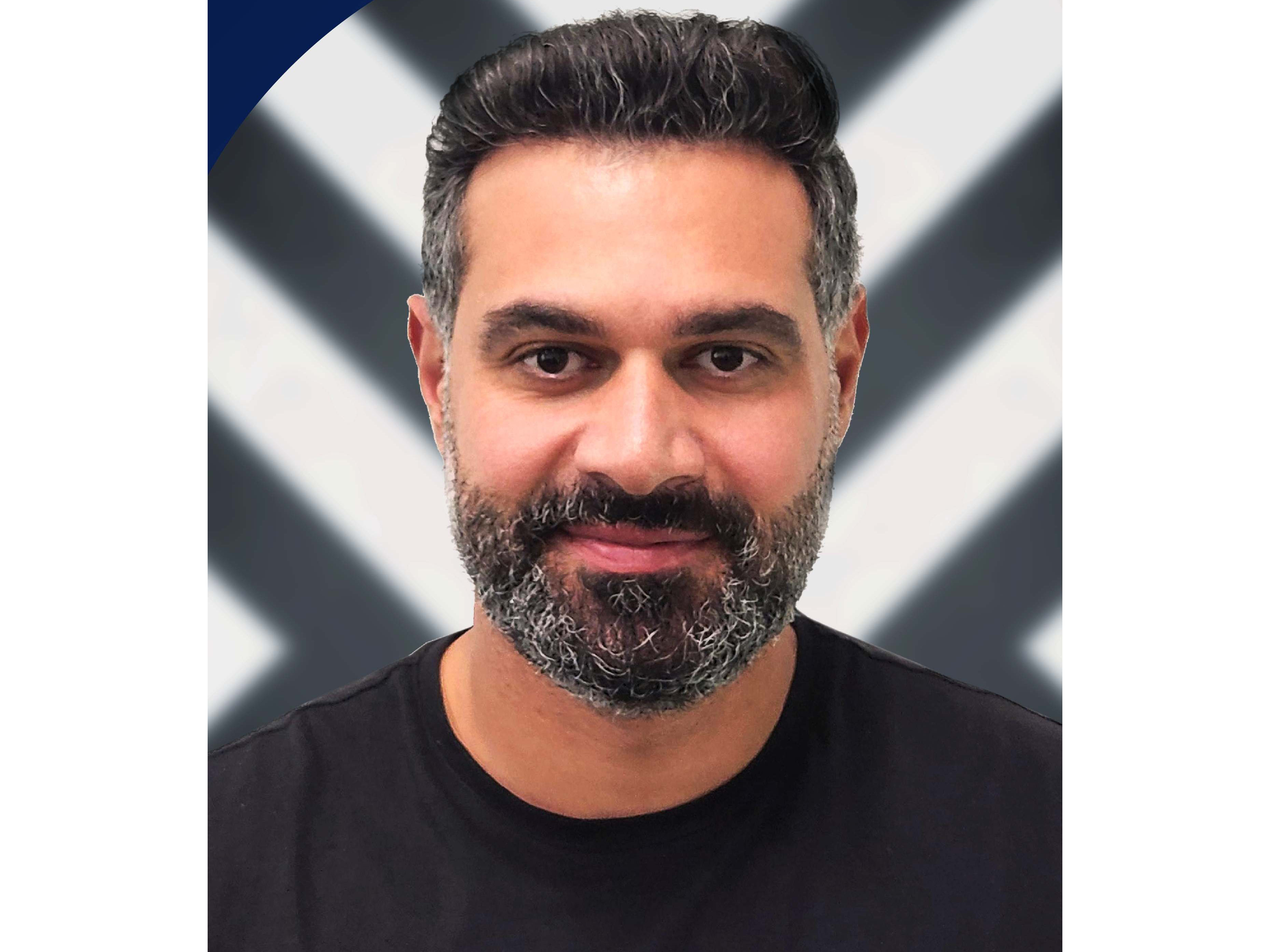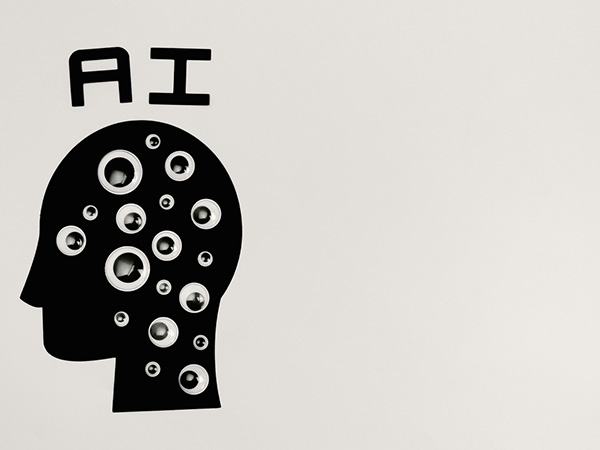News - Digital/Tech
Rudy Shoushany, the transformational thinker
by Iain Akerman
February 28, 2023

“This is what I think everybody needs. Leadership,” says Rudy Shoushany, a motivational leader and keynote speaker. Having worked in the banking industry for over 16 years, specialising in the fields of governance, risk and compliance, he was flying high. Then Lebanon’s banking crisis hit.
“With the fall of the Lebanese banking system, the fall of the lira and the fall of the financial economy, being highly paid and being a high senior in the organisation, I resigned because my salary then was $500,” he says. “I said I’m not staying, let me discover what I can do. And this happened in the midst of the first week of Covid. I said I’m not going to surrender. So I opened a Zoom account, I went online, created a new LinkedIn profile, made a small banner [ad], and invited a friend of mine to talk about artificial intelligence. We had maybe 50 or 60 people join us.”
That first event would eventually turn into DxTalks, a talk show that empowers business leaders to drive transformational change. The first season ran for 13 episodes. Now Shoushany and his team have recently completed their seventh season – a total of 170 episodes in both Arabic and English. “During the last three years, it was crazy. The amount of things that opened [up], the amount of things I participated in – the hackathons, the mentoring. I’d been trying to go solo for a while, but with the corporate world you’re stuck with many things – decisions you cannot make, the safety of a steady job. That’s why I’m writing my book now about this… because I want to portray that experience to others so that they can really do stuff.”
Over the course of the past few years, Shoushany has made a name for himself as a leader in the fields of digital transformation, governance, compliance, strategies and cybersecurity. DxTalks has become a regional media and consultancy partner for anything blockchain, working with global tech show Gitex, Dubai International Financial Centre, the 2023 edition of the LEAP technology conference in Saudi Arabia, and the World Fintech Show.
“During the last three years, it was crazy. The amount of things that opened [up], the amount of things I participated in – the hackathons, the mentoring.”
It is digital transformation, however, that looms large for Shoushany. Digital technology has altered the way we live, work, think and communicate, and is doing so through never-before-dreamt-of innovation. Automation and artificial intelligence (AI) are transforming industries. Advanced analytics and conversational intelligence are revolutionising businesses. All in a world where large-scale job losses loom, driven on by the disruption unleashed by unprecedented technological advancement.
For the average business owner, the world opening up before them is incredibly daunting, with digital innovation disrupting all industries.
According to the International Data Corporation, over $74 billion is to be invested in digital transformation across the Middle East, Turkey and Africa by 2026. At its heart digital transformation is a relatively simple concept. It is about making changes that will ensure your business works in the digital age. But not everyone is getting it right.
“Bringing digital to the world is not about putting in a phone, it’s a culture of how things are done,” says Shoushany, a member of Forbes Technology Council. “It’s about changing culture and moving forward. The third thing is understanding the people. You cannot do digital transformation or talk digital without the people. At the end of the day, who’s going to implement it? If it’s it not coming from them, by them and to them, you have a failed product.”
And then there’s data privacy. It’s won’t be news to anybody that the likes of Facebook, Google and Tiktok track pretty much everything you do. Anything you’ve ever done online or on your mobile phone is logged. But companies and agencies are sometimes ignoring the issue.
“What [companies] are doing when it comes to digital transformation is actually trying to be at the forefront of technologies,” says Shoushany. “And trying to adopt technologies [so they can be] citizen centric. And, of course, aligning with cyber security, protecting the consumer, protecting the citizen, protecting data privacy, and enabling value. But then sometimes what they’re getting wrong is not bringing value and playing with people’s data privacy. Data privacy is one of the main problems. I was on a TV show two days ago talking about TikTok and the dangers of TikTok. It’s crazy to visualise what TikTok and privacy means. Anything you do on your phone, they know what you’re doing, they’re analysing. It’s the same thing with Instagram, but TikTok is on another level.”
Whatever the real or perceived barriers to digital transformation, the benefits are manifold. From increased agility and innovation, to the securing of sustainable futures, the more digitised an organisation is the more data it can capture. And that means the ability to learn more about your business and customers.
“If you don’t move, you are being disrupted,” says Shoushany. “If you don’t adopt the latest technology, you are being disrupted, especially in the media and advertising business.”













